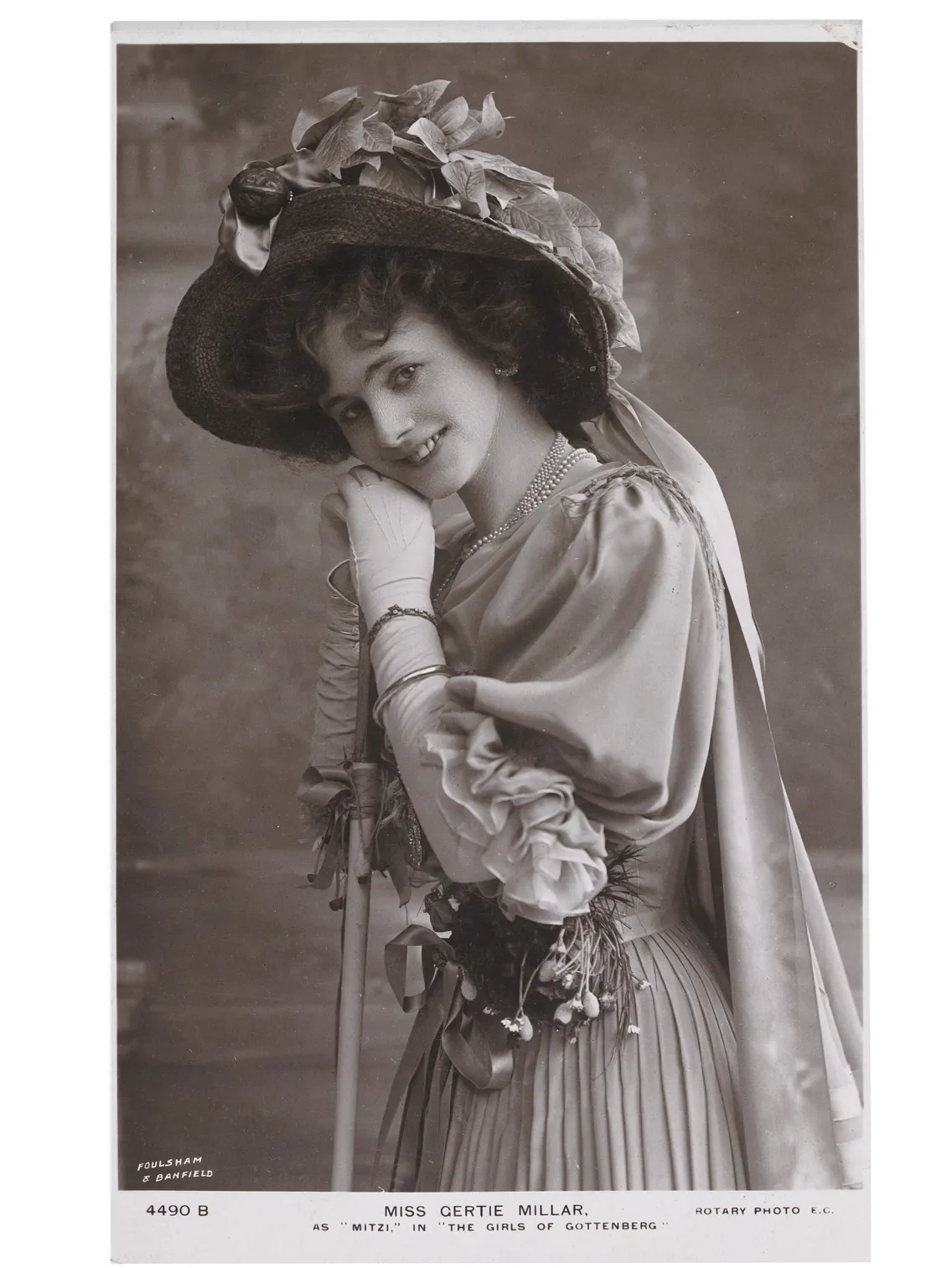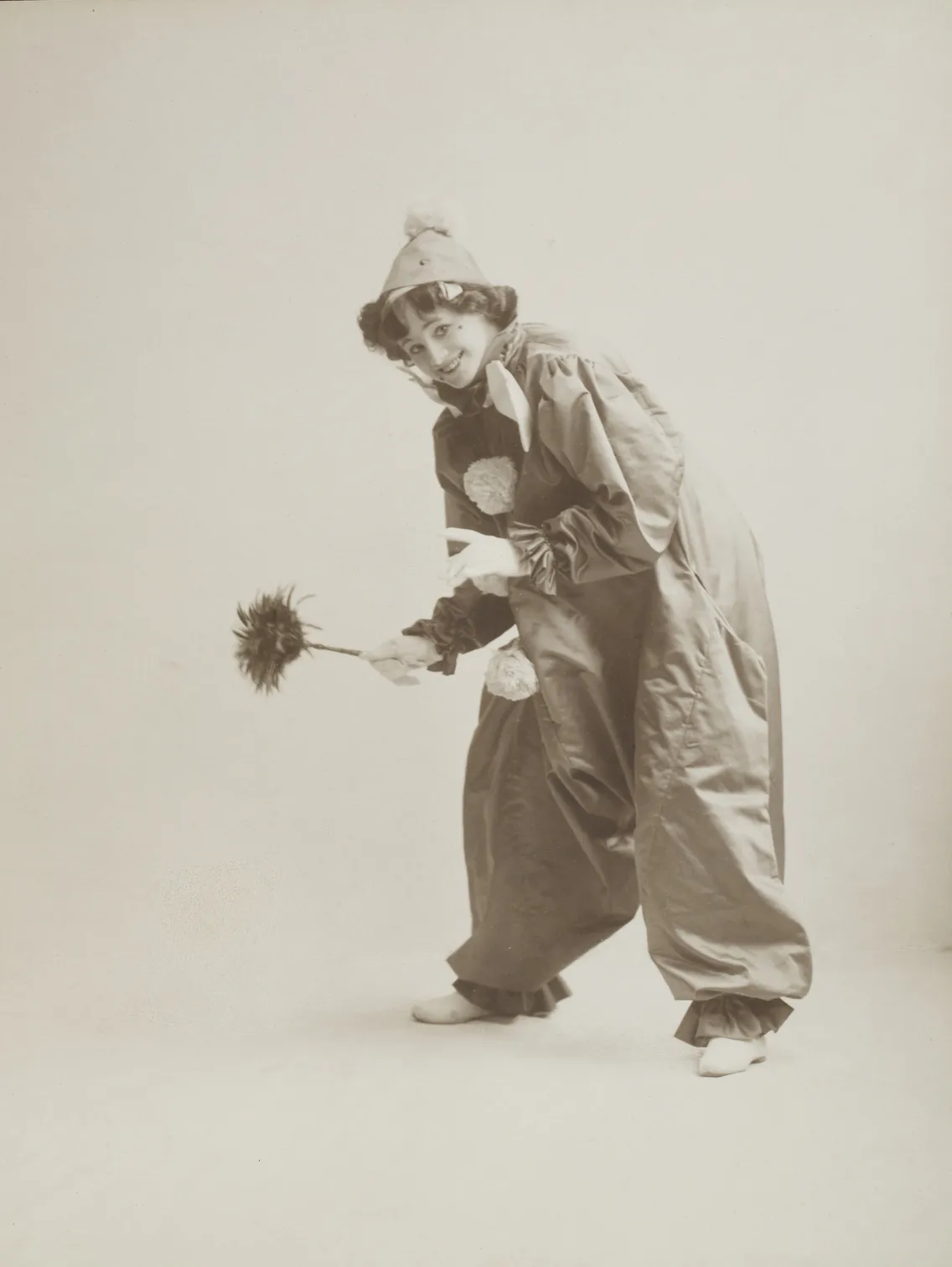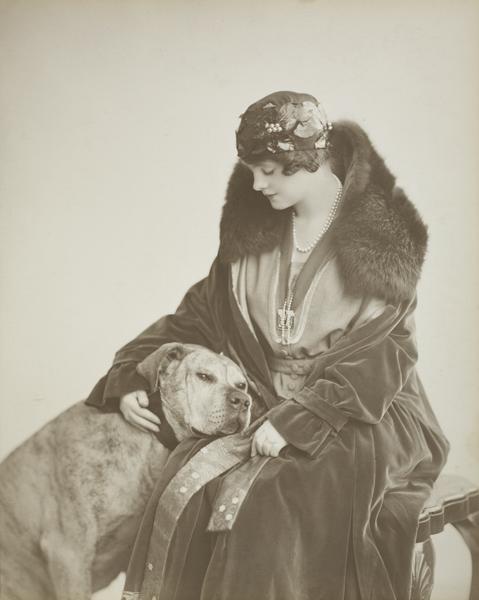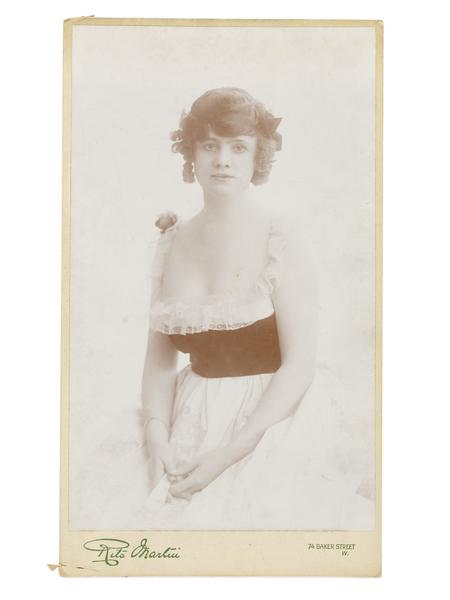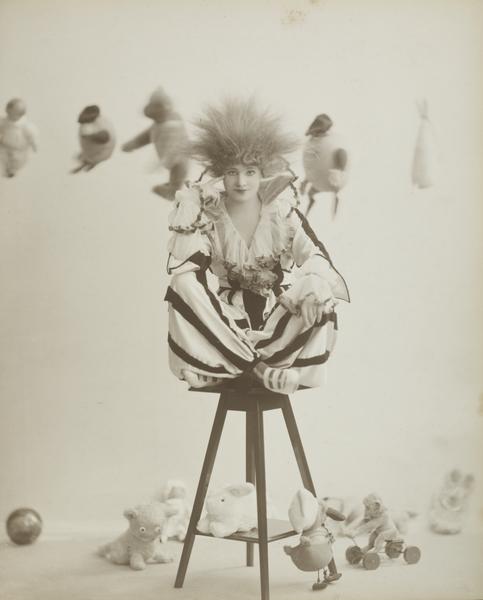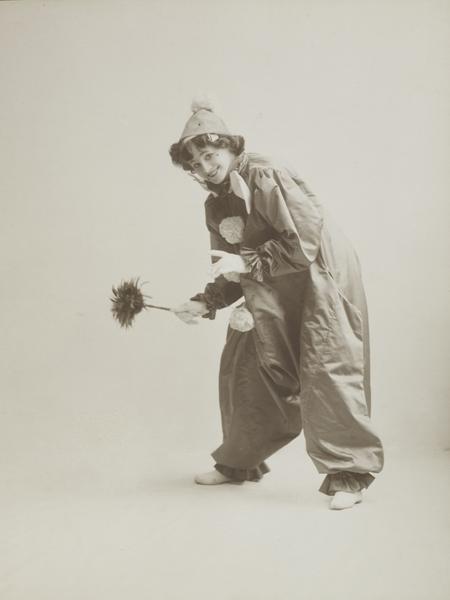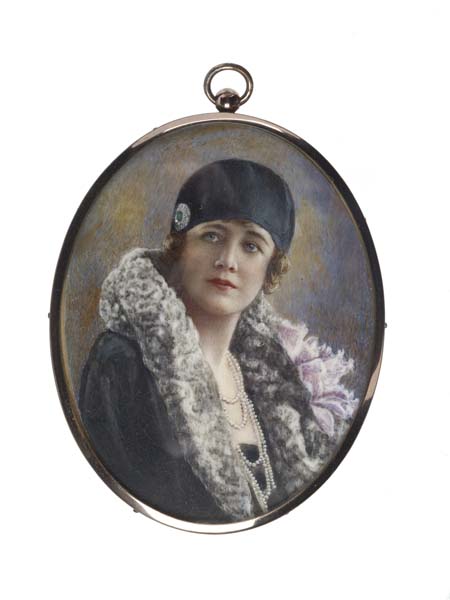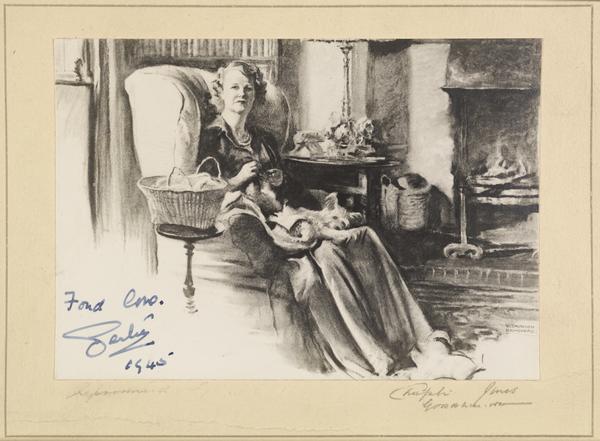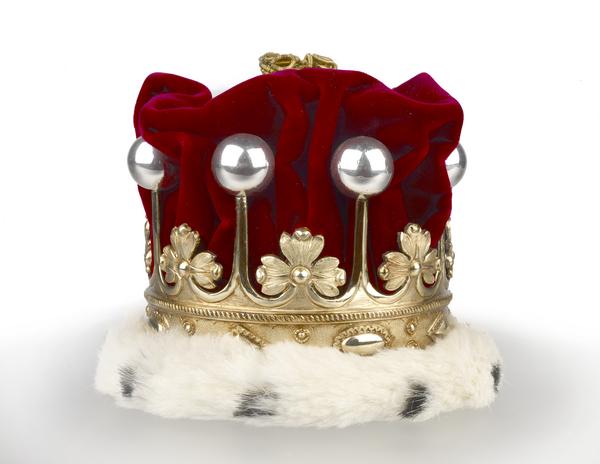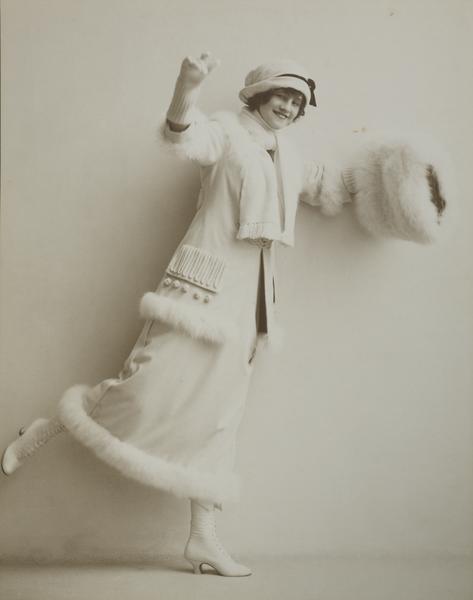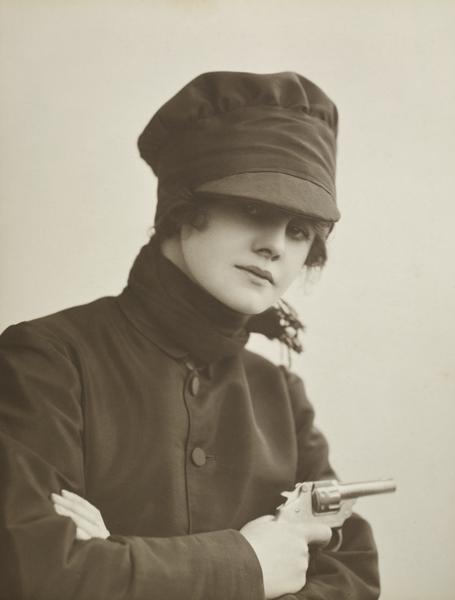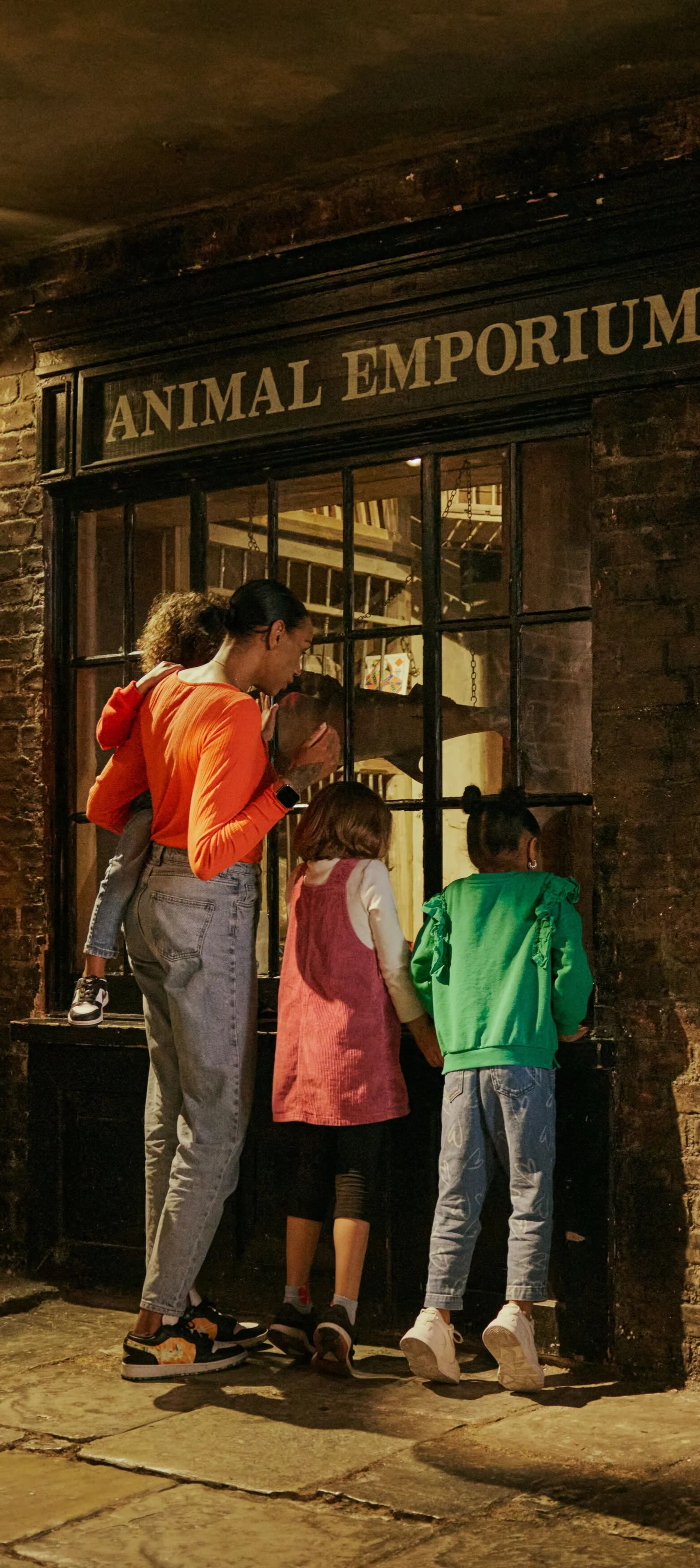Gertie Millar: An Edwardian musical comedy icon
Performing under the stage name Gertie Millar, Gertude Ward was one of London’s leading actors and singers in the early 1900s.
1879–1952
The sprightly star of the stage
A new style of theatre gripped the capital at the turn of the 20th century. The dominance of Gilbert and Sullivan’s comic operas began to fade in the 1890s. And Edwardian musical comedies were on the rise. They captivated audiences with lighthearted tunes, glamorous casts, ‘dancing girls’ and often somewhat complicated plots.
These cheery and spectacular shows were the perfect match for one Bradford-born star: Gertie Millar. Noted as a tall, pixie-faced actor with a chirpy singing voice, Millar’s popularity grew in tandem with the craze for musical comedies. She was one of London’s leading ladies for over a decade.
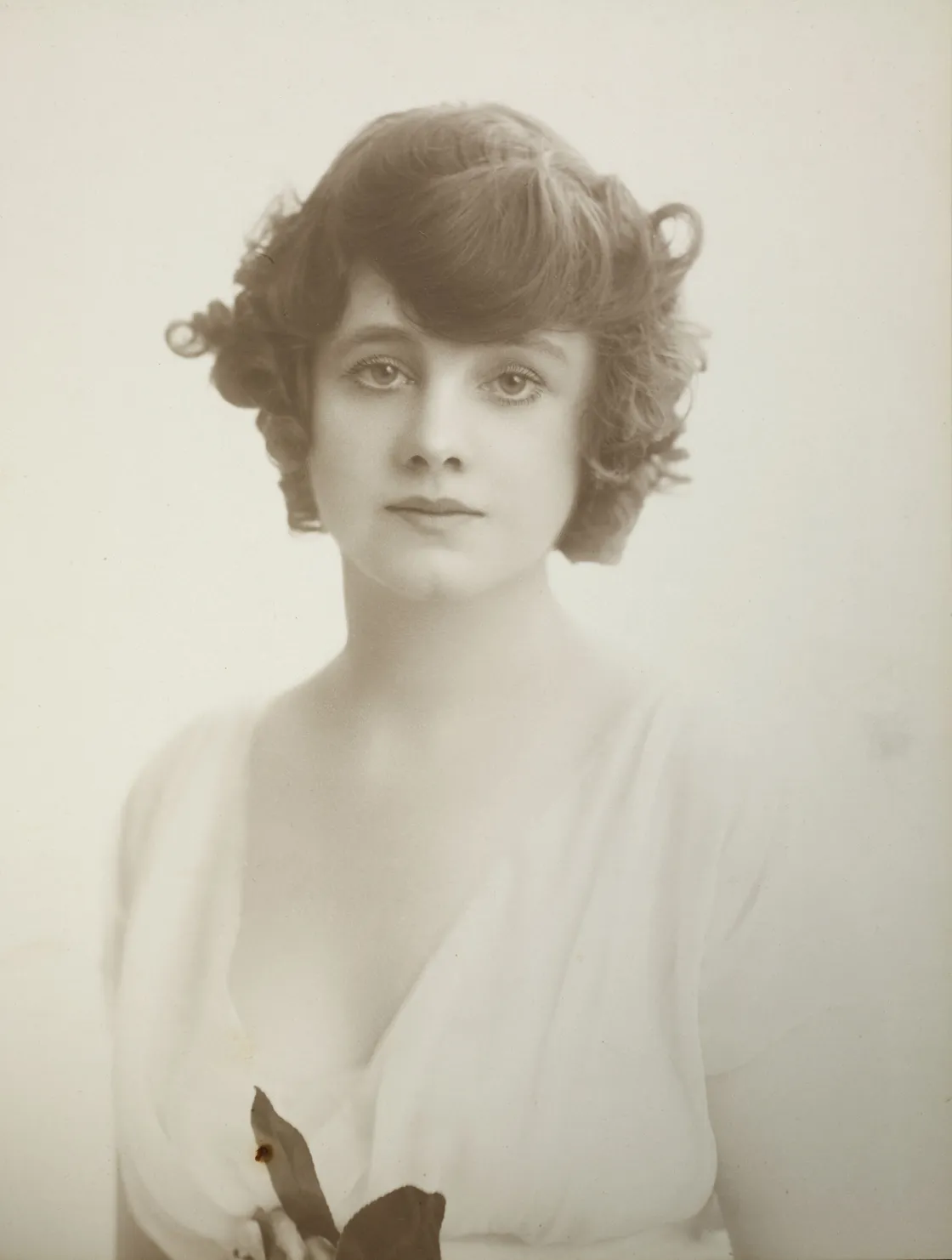
Gertie Millar in 1914.
Millar’s big break
Millar first performed in London in 1899 as Dandini in Cinderella at the Grand Theatre in Fulham. But her major break came in 1900 at the Gaiety Theatre, at that time run by musical comedy pioneer George ‘The Guv’nor’ Edwardes. She joined the cast of the musical The Messenger Boy in place of actor Rosie Boote – who’d left the company to marry a high-ranking marquess instead.
The show’s composer, Lionel Monckton, was impressed with her performance. He wrote a song specifically for Millar to sing at the Gaiety’s next show, The Toreador, in 1901. It ran for a hugely impressive 675 performances.
Monckton and Millar (who was 28 years younger) married the following year.
Musical comedy’s leading lady
Millar became one of the superstars of London theatre. She and her husband Monckton found soaring success at Edwardes’ Gaiety Theatre and, from 1910, his Adelphi Theatre nearby.
She was one of the most famous of the so-called Gaiety Girls, the young dancers who formed the chorus. The Orchid (1903), The Spring Chicken (1905), The New Aladdin (1906), The Girls of Gottenberg (1907) and The Quaker Girl (1910) were among her big-hitting shows.
Monckton and Belgian composer Ivan Caryll wrote many hit songs for Millar. She wowed audiences in the leading role in Our Miss Gibbs (1909).
“She moves about with the same airy lightness as ever; and when she is dancing she is quite delightful”
Daily Mail, 1909
In a scene set in the Franco-British Exhibition, held in London in 1908, Millar performed one of her famous numbers, Moonstruck. “I’m all a-quiver when the moonbeams glance,” she sang. “That is the moment when I long to dance.”

Poster for Our Miss Gibbs at the Gaiety Theatre, which ran for 636 performances.
Even the critics loved her. “There were genuine comedy gifts about her playing,” wrote the Daily Mail of her performance as Miss Gibbs. “She moves about with the same airy lightness as ever; and when she is dancing she is quite delightful.”
Finding her strengths and weaknesses
Millar had charm in abundance and she was perfectly suited to the upbeat energy of musical comedies. But her attempts to expand into operettas, lighter versions of operas that featured spoken dialogue, were less well received.
“Lovely music, but no-one to sing it”
Sydney Evening News, 1908
Emily Soldene, music critic of the Sydney Evening News, crucified Gertie’s performance in A Waltz Dream in 1908: “Lovely music, but no-one to sing it.”
Millar stuck to lighter forms of theatre for the rest of her career. She performed in theatrical revues written by her husband with her in mind, such as Bric à Brac (1915) and Airs and Graces (1917).
It was also around this time when Millar was photographed in costumes from her many theatrical roles. These lively photographs – which ooze with her personality – are now in our collection.
Bowing out from the theatre
By the end of the First World War in 1918, Edwardian musical comedies had fallen out of fashion. Millar retired from acting that same year.

A postcard of Gertie Millar, which might have been sent as a Christmas or New Year card.
After Monckton’s death in 1924, she married William Ward, the Second Earl of Dudley, making her the Countess of Dudley. This high social rank meant she even attended the Coronation of George VI in 1937.
Millar continued to enjoy theatre – but as a punter rather than performer. She died in Surrey in April 1952, accompanied by her cat Wendy.



